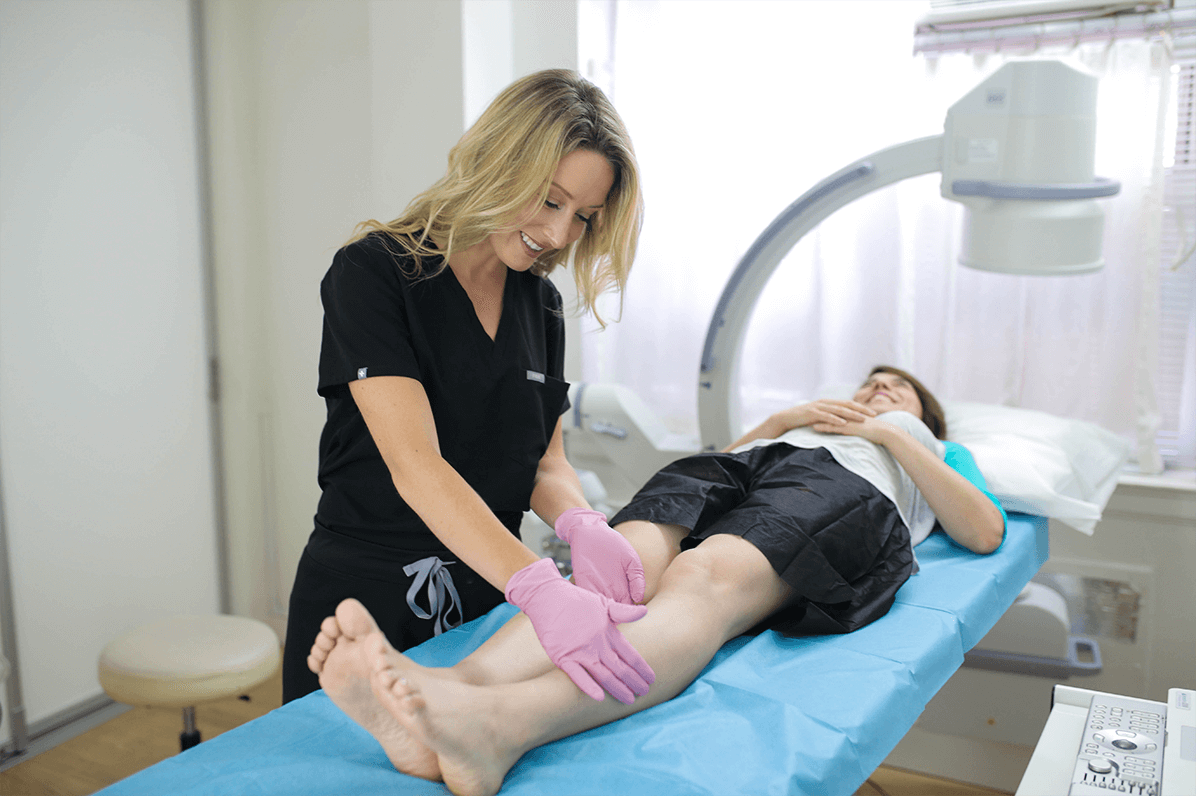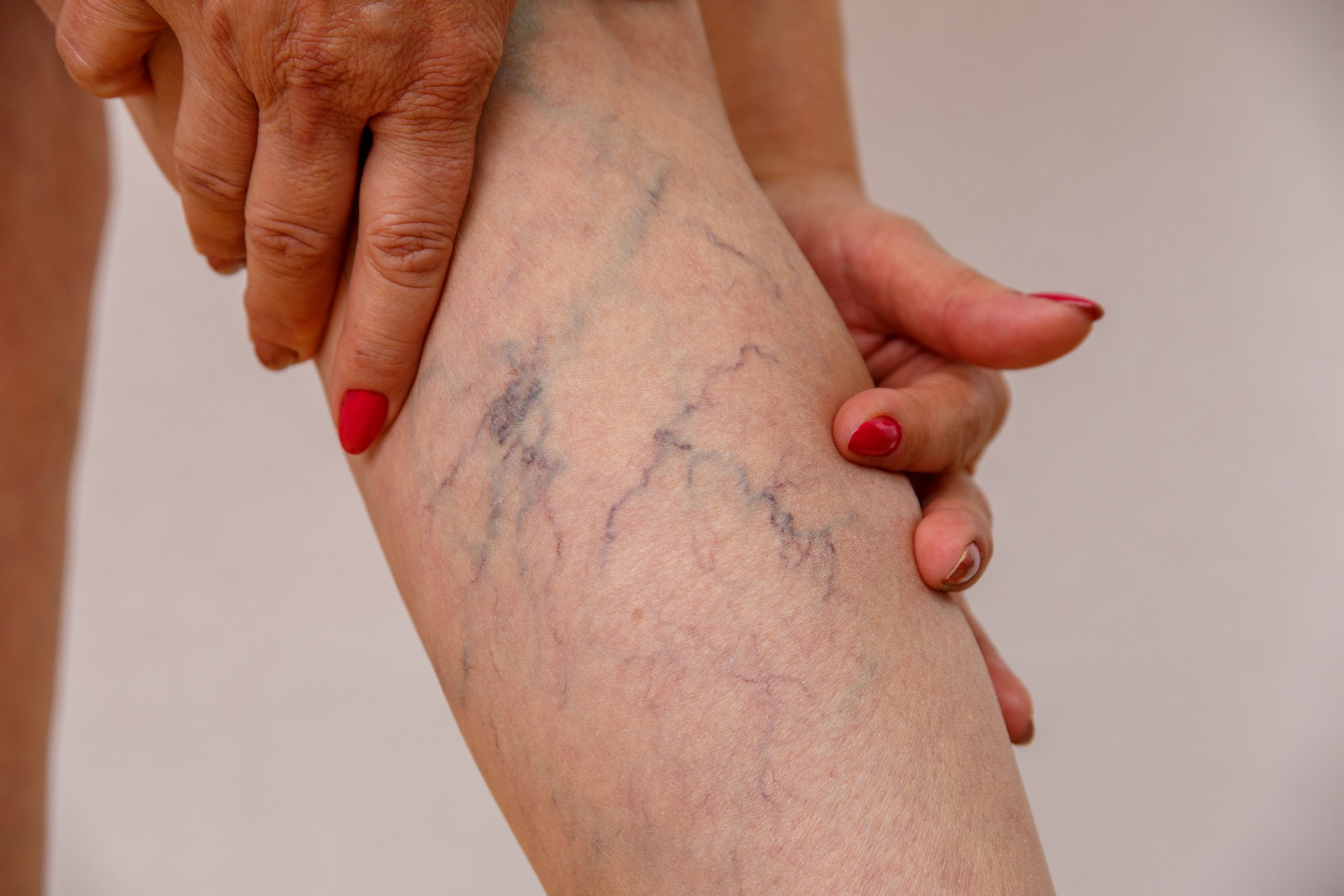What Kind of Doctor Is a Vein Specialist? Understanding the Role of a Vein Treatment Specialist
If you're dealing with spider veins, varicose veins, or other venous disorders, you might wonder, what kind of doctor is a vein specialist? This is a common question among patients seeking help for circulation issues or leg pain. A vein treatment specialist is a medical expert who diagnoses and treats conditions related to your veins, especially those in the legs. But who exactly are these doctors, and what makes them qualified to treat vein issues?
Let’s break it down to better understand the specialty, the training involved, and what you can expect when seeing one.
What Does a Vein Treatment Specialist Do?
A vein treatment specialist focuses on diagnosing and managing venous diseases. These can include:
- Varicose veins
- Spider veins
- Chronic venous insufficiency
- Deep vein thrombosis (DVT)
- Leg ulcers caused by poor circulation
These doctors use non-invasive or minimally invasive techniques to restore blood flow and reduce pain, swelling, and the risk of complications. Procedures might include sclerotherapy, laser treatments, endovenous ablation, or microphlebectomy.
Their main goal is to improve both the appearance and the health of your veins, which can have a significant impact on your quality of life.

What Kind of Doctor Is a Vein Specialist?
The term vein treatment specialist often applies to doctors from a few different medical backgrounds. While there's no standalone "vein doctor" degree, several types of physicians receive training in vein care. The most common specialists include:
1. Vascular Surgeons
Vascular surgeons are highly trained in treating all types of blood vessel conditions, including arteries and veins. They handle both surgical and non-surgical interventions and often work with complex venous conditions.
2. Interventional Radiologists
These doctors specialize in minimally invasive, image-guided procedures. When it comes to vein treatment, they use advanced imaging tools to perform treatments like radiofrequency ablation or sclerotherapy with high precision.
3. Phlebologists
A phlebologist is a doctor who focuses specifically on the diagnosis and treatment of venous disorders. While not a separate board-certified specialty, phlebology is recognized by the American Board of Venous & Lymphatic Medicine (ABVLM), and many vein specialists pursue certification in this field.
4. Dermatologists and Cosmetic Surgeons
In cases where spider veins or varicose veins are more of a cosmetic concern, dermatologists or cosmetic surgeons with training in vein care may perform sclerotherapy or laser treatments.
So, if you're asking what kind of doctor is a vein specialist, the answer might vary—but all of them share training in venous anatomy and treatment protocols.

Why Should You See a Vein Treatment Specialist?
Many people dismiss vein problems as simply cosmetic, but untreated vein issues can lead to more serious complications. These include blood clots, skin changes, ulcers, and persistent leg pain or swelling. A vein treatment specialist can help prevent those issues and provide lasting relief.
Here are a few reasons to consult a specialist:
- Persistent leg pain or swelling
- Visible varicose or spider veins
- Skin discoloration or irritation around the ankles
- Heaviness or aching in the legs after standing
- History of blood clots
These symptoms are your body’s way of signaling that blood isn’t flowing properly. A vein treatment specialist can diagnose the underlying problem and suggest the best course of treatment.
What to Expect During Your Visit
During your first appointment, the vein specialist will ask about your symptoms and medical history. They may perform a physical exam and use an ultrasound to check your veins. Based on their findings, they’ll recommend a personalized treatment plan.
Treatments are usually done on an outpatient basis, meaning you can go home the same day. Recovery time is typically short, especially for non-surgical procedures.
How to Choose the Right Vein Specialist
When choosing a vein treatment specialist, consider the following:
- Board certification: Look for certification from organizations like the ABVLM.
- Experience: Ask how many vein procedures the doctor has performed.
- Technology: A good clinic should use modern, minimally invasive equipment.
- Patient reviews: Check testimonials and ratings online to gauge patient satisfaction.
The right specialist will not only treat your symptoms but also help you understand how to prevent future vein issues.
Final Thoughts
So, what kind of doctor is a vein specialist? It could be a vascular surgeon, interventional radiologist, phlebologist, or even a dermatologist trained in vein care. No matter their title, a vein treatment specialist is your go-to expert for diagnosing and managing vein-related conditions. Early intervention can reduce discomfort, prevent complications, and improve your overall vascular health.
If you're noticing symptoms or have visible veins that concern you, don’t wait. Schedule an appointment with a vein specialist and take the first step toward healthier legs.
Let me know if you’d like this formatted for a blog post or landing page — or if you want it tailored to a specific clinic or audience!
Comments
Post a Comment